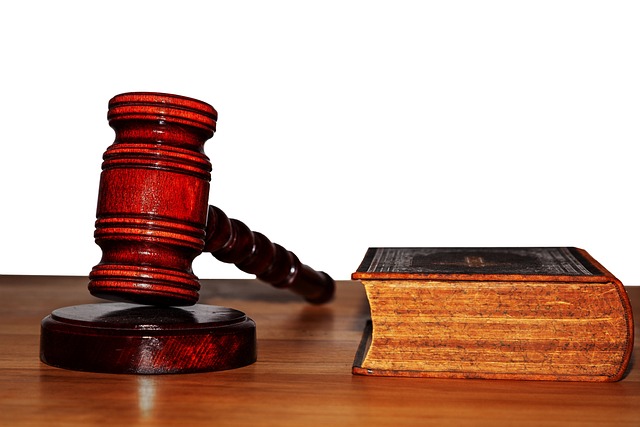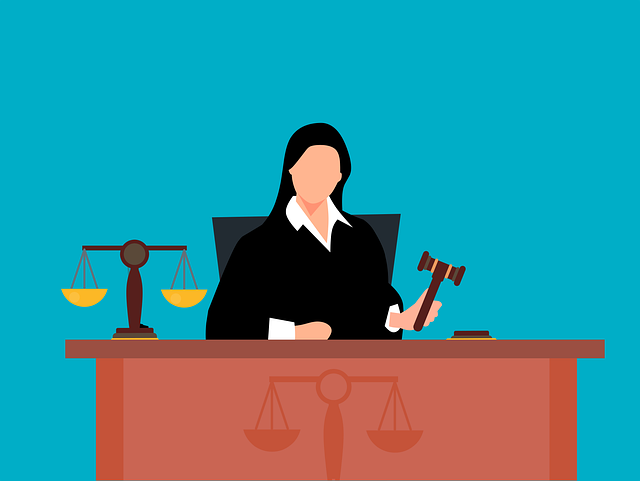Oregon's criminal justice system, based on common law, meticulously navigates justice through a complex process involving laws, courts, and agencies. It begins with an arrest, followed by due process checks during initial appearances, and progresses through investigation, charges, hearings, trials, and sentencing. Legal advocacy is crucial throughout, ensuring fairness and the presumption of innocence. The system integrates restorative justice practices and specialized courts for defendants with co-occurring disorders, promoting healing and community involvement. Key players—prosecutors, defense attorneys, judges, and law enforcement—interact balance to maintain integrity and ensure fair outcomes, emphasizing legal advocacy in criminal cases.
“Dive into the intricate world of Oregon’s criminal justice system with our comprehensive guide. Understanding this unique landscape is crucial for anyone interested in legal advocacy within criminal cases. We explore its distinct features, from the roles of prosecution and defense to the courts’ functions.
This article highlights the significance of legal representation for defendants, delving into various advocacy strategies employed in Oregon, and showcasing successful case studies. Furthermore, it uncovers the skills and qualities necessary for experts to navigate this system effectively, emphasizing ethical considerations and a client-centered approach.”
- Understanding Oregon's Criminal Justice System: A Comprehensive Overview
- – Unique aspects of Oregon's criminal justice system
- – Key players and their roles (prosecution, defense, courts, etc.)
Understanding Oregon's Criminal Justice System: A Comprehensive Overview

Oregon’s criminal justice system is a complex web of laws, courts, and agencies designed to handle criminal offenses and ensure justice. Understanding this system is crucial for anyone involved in legal advocacy in criminal cases. At its core, Oregon follows a common-law legal system, which means it relies on past court decisions and statutes to interpret the law. The process begins with the arrest of an individual suspected of committing a crime, followed by an initial appearance before a judge to ensure due process rights are respected.
From there, cases progress through various stages: investigation, filing formal charges, pretrial hearings, trial, and sentencing. Legal advocates play a vital role throughout this journey, ensuring defendants’ rights are protected, guiding them through procedures, and presenting their best defense. This system is characterized by its emphasis on fairness, due process, and the presumption of innocence, reflecting Oregon’s commitment to just and equitable legal proceedings.
– Unique aspects of Oregon's criminal justice system

Oregon’s criminal justice system stands out for its comprehensive approach, integrating unique elements that significantly impact legal advocacy in criminal cases. One key aspect is the state’s strong emphasis on restorative justice practices. These initiatives focus on healing relationships affected by crime and promoting community involvement in dispute resolution, offering an alternative to traditional punitive measures. This approach not only benefits victims by providing a voice but also fosters understanding between offenders and their communities.
Additionally, Oregon has established specialized courts dedicated to handling specific types of cases, such as drug court and mental health court. These courts are designed to address the underlying needs of individuals involved in the criminal justice system, recognizing that many defendants struggle with co-occurring disorders or substance abuse issues. By providing specialized legal advocacy tailored to these complex cases, Oregon’s approach enhances access to effective representation and improves outcomes for both defendants and the community at large.
– Key players and their roles (prosecution, defense, courts, etc.)

Oregon’s criminal justice system is a complex web involving several key players who each play a crucial role in ensuring fair and just outcomes for all involved. At the forefront are prosecutors, whose duty it is to represent the state and pursue justice by presenting evidence and arguing for the prosecution’s case in court. They work closely with law enforcement agencies, gathering information and determining charges. On the other side, defense attorneys provide legal advocacy in criminal cases, safeguarding the rights and interests of their clients, who are accused of crimes. Their role is to challenge the prosecution’s claims, ensuring a fair trial and protecting against wrongful convictions.
The courts serve as the neutral ground where these adversarial proceedings take place. Judges preside over trials, making critical decisions on admissibility of evidence, interpreting laws, and ultimately delivering verdicts. They also oversee pretrial proceedings, setting bail amounts, and ensuring both sides adhere to legal protocols. The Oregon criminal justice system relies heavily on the interplay between these entities to maintain integrity, with each acting as a check against potential abuses of power, thereby upholding the principles of due process and ensuring fairness for all Oregonians.






